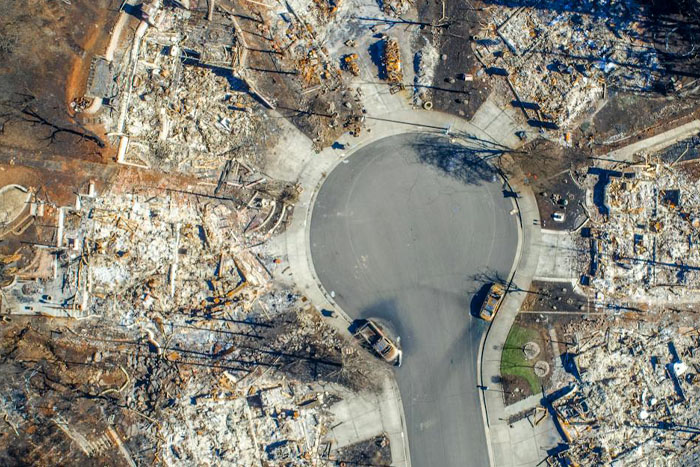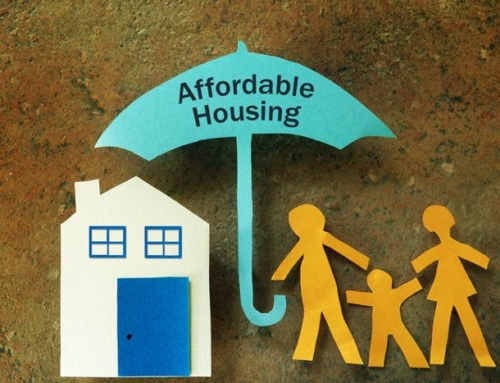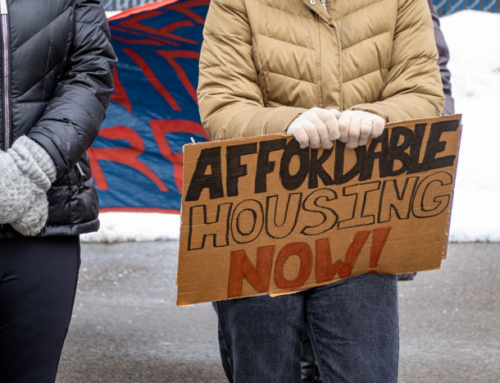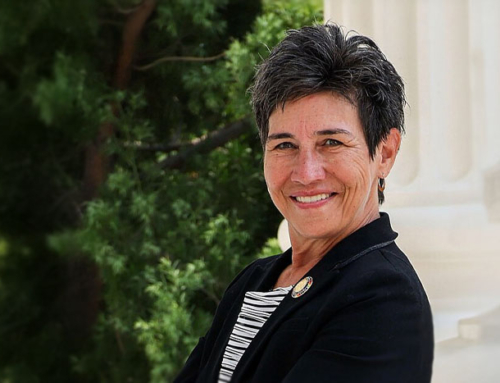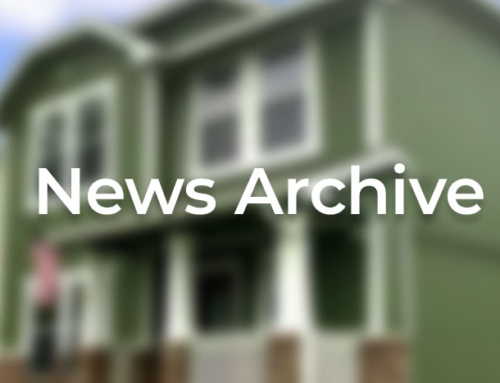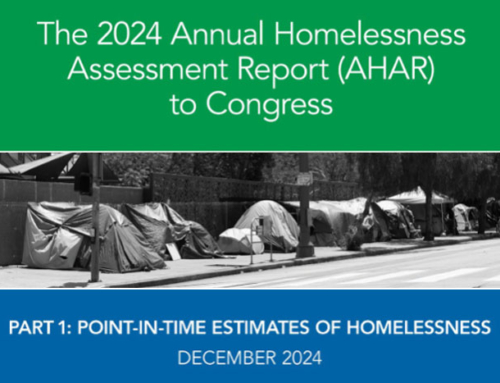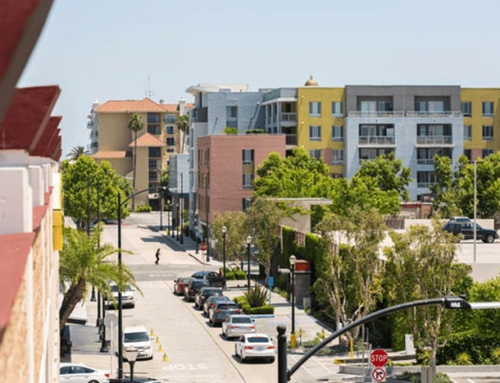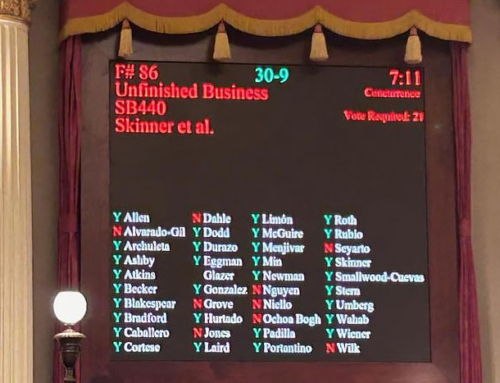Nearly every day since the recent wildfires in Los Angeles started on January 7th, 2025, the Governor has issued executive orders waiving fees, permitting and review requirements under the California Environmental Quality Act (CEQA) and California Coastal Act, and procedures to assist residents rebuild. In the same spirit, Insurance Commissioner Ricardo Lara issued a mandatory one-year moratorium on insurance non-renewals and cancellations in areas affected by the Palisades and Eaton fires. The Assembly Speaker has also announced his intent to immediately introduce legislation that is intended to expedite rebuilding in these communities devastated by fires, protect displaced individuals from rent and price gouging, freeze new building codes and standards, and address the insurance crisis.
These fires underscore the insurance challenges faced by homeowners and developers, with estimated total losses of $250 – $275B. Even before the wildfires, insurance rates were increasing in fire-prone areas, with multiple insurance companies canceling, withdrawing insurance policies, or leaving the state altogether. As of September 2024, the number of homeowners who had turned to California’s FAIR Plan, an insurer of last resort, was 451,000, an increase of 123% over the past three years.
Affordable housing developers face particular challenges. Since most affordable housing is deed-restricted, developers are limited in passing higher insurance costs on to tenants. Yet, nearly a third of affordable housing providers reported insurance increases of at least 25% last year, according to the National Leased Housing Association (NLHA). Such insurance increases add to the mounting costs faced by affordable housing developers, including an increase in litigation and large-dollar judgments.
This renewed challenge will test California Insurance Commissioner Ricardo Lara’s Sustainable Insurance Strategy Plan, which became effective this year. The plan comprises three principal regulations:
- Rate review streamlining: Provide greater clarity around requirements and guidelines for the California Department of Insurance’s (CDI) rate review process. CDI has the power to approve or deny insurers’ requests to raise premiums, and insurance companies have complained that the process is holding up approvals.
- Catastrophe modeling: Allows insurers to use catastrophe modeling when setting their premiums and requires that any model include risk mitigation at the property, community, and landscape scales. Catastrophe modeling combines historical data with projected risk and losses.
- Expand insurance coverage options: Requiring large insurers to write 85% of their statewide market share in high-risk areas, as defined by CDI, and maintain those policies for three years. Smaller companies and other insurers that cannot meet the 85% requirement will need to expand their policies by at least 5%. These quotes can be met either at the county or ZIP code level.
Legislation has also been introduced this session in response to the wildfires, most notably AB 266 (Calderon, D-City of Industry), which ensures greater financial stability for the FAIR Plan. AB 266 is a reintroduction of last year’s AB 2996 (Alvarez, D-Chula Vista), which was held on the Senate Floor and died.
Climate-related disasters have impacted housing insurance across the US, resulting in national-level initiatives. In March 2024, California’s Rep Mike Thompson (D-CA-4) introduced HR 7849, the Disaster Resiliency and Coverage Act of 2024, which would establish a program for individual homeowners in certain areas to receive grants of up to $10,000, as well as tax credits for homeowners and businesses, for mitigation. HUD has also adjusted its formula for operating costs on its properties to reflect rising expenses, including that of insurance: in 2023 and 2024, adjustments increased by 6.1% and 5.3%, more than double previous years. Lastly, the Housing Partnership Network, a national group of nonprofit housing developers, has expanded its insurance initiative, the Housing Partnership Insurance Exchange, to insure over 100,000 units of housing valued at more than $26B. About two dozen developers belong to this exchange, including Abode Communities, Linc Housing, and Bridge Housing.
© LeSar Holdings/LeSar Development Consultants. All Rights Reserved. Please be advised that any republishing of copyrighted material provided by our organization, in whole or in part, requires prior written authorization. For permission, please reach out to [email protected]. We appreciate your understanding and compliance in upholding copyright laws.

